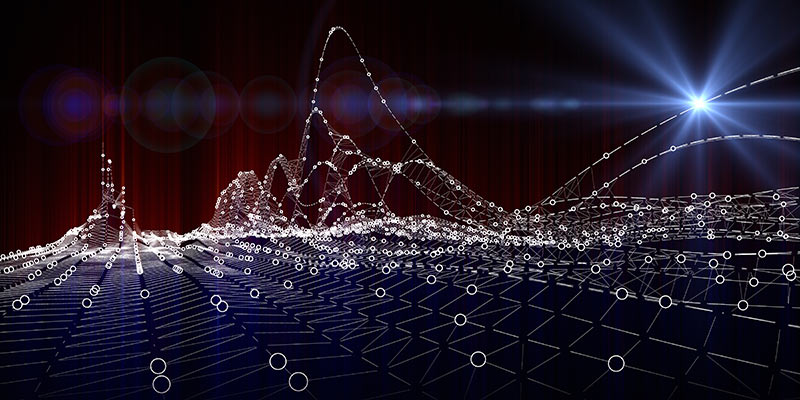IEEE JSTSP Special Issue on Neural Speech and Audio Coding
Manuscript Due: 30 April 2024
Publication Date: January 2025
My three years of service as the editor-in-chief (EIC) of Signal Processing Magazine ( SPM ) are now coming to a close. During the past three years, many of us were deeply affected by serious political, social, and environmental events such as the war in Ukraine; protests for freedom in Iran; coups d’état in Africa; the COVID-19 pandemic; seisms in Turkey, Syria, and Morocco; huge floods in Libya and India; gigantic fires in North America and Southern Europe; and an avalanche of stones in the Alps, to name a few. In such a context, I believe that the IEEE slogan, “Advancing Technology for Humanity,” is incredibly relevant and timely.
Encoding-decoding convolutional neural networks (CNNs) play a central role in data-driven noise reduction and can be found within numerous deep learning algorithms. However, the development of these CNN architectures is often done in an ad hoc fashion and theoretical underpinnings for important design choices are generally lacking. Up to now, there have been different existing relevant works that have striven to explain the internal operation of these CNNs. Still, these ideas are either scattered and/or may require significant expertise to be accessible for a bigger audience.
Designing filters with perfect frequency responses (i.e., flat passbands, sharp transition bands, highly suppressed stopbands, and linear phase responses) is always the ultimate goal of any digital signal processing (DSP) practitioner. High-order finite impulse response (FIR) filters may meet these requirements when we put no constraint on implementation complexity. In contrast to FIR filters, infinite impulse response (IIR) filters, owing to their recursive structures, provide an efficient way for high-performance filtering at reduced complexity.
Joseph Fourier’s methods (and their variants) are omnipresent in audio signal processing. However, it turns out that the underlying ideas took some time to penetrate the field of sound analysis and that different paths were first followed in the period immediately following Fourier’s pioneering work, with or without reference to him. This illustrates the interplay between mathematics and physics as well as the key role played by instrumentation, with notable inventions by outsiders to academia, such as Rudolph Koenig and Édouard-Léon Scott de Martinville.
This post-doc scholarship is part of the project “6th Generation Wireless Networks: New Concepts, Algorithms and Applications”, a collaboration between the University of São Paulo, the Pontifical Catholic University of Rio de Janeiro, and the Gustave Eiffel University. The project aims to develop innovative solutions for the future of internet access and 6G wireless communication networks.
The aim of this post-doc position is to apply low-complexity approximations to the Kalman filter for distributed parameter estimation.
This year, all eligible IEEE Signal Processing Society Members were able to cast their vote for the next IEEE Signal Processing Society President-Elect. The President-Elect will sit on the IEEE Signal Processing Society Board of Governors beginning 1 January 2024 and will serve until 31 December 2025, when they will be elevated to Society President.
Deadline approaching! Submit now to the IEEE JSTSP Special Issue on Seeking Low-dimensionality in Deep Neural Networks (SLowDNN). Submission Deadline: 30 November 2023.

Manuscript Due: 30 April 2024
Publication Date: January 2025
PhD and MSc Studentships in 6G Wireless Communications Systems
Programme of Electrical Engineering, Pontifical Catholic University of Rio de Janeiro (PUC-Rio), Rio de Janeiro, Brazil
Applications are invited for PhD and MSc studentships in 6G wireless communications systems. These studentships are funded by the CNPq/CAPES research councils in Brazil. The topic of the study is open within the general area of wireless communications. Potential topics include but are not limited to:
The IEEE Signal Processing Society (SPS) is proud to announce the inaugural class of SPS Scholarship recipients! New in 2023, the SPS Scholarship Program recognizes students who have expressed interest and commitment to pursuing signal processing education and real-world career experiences.